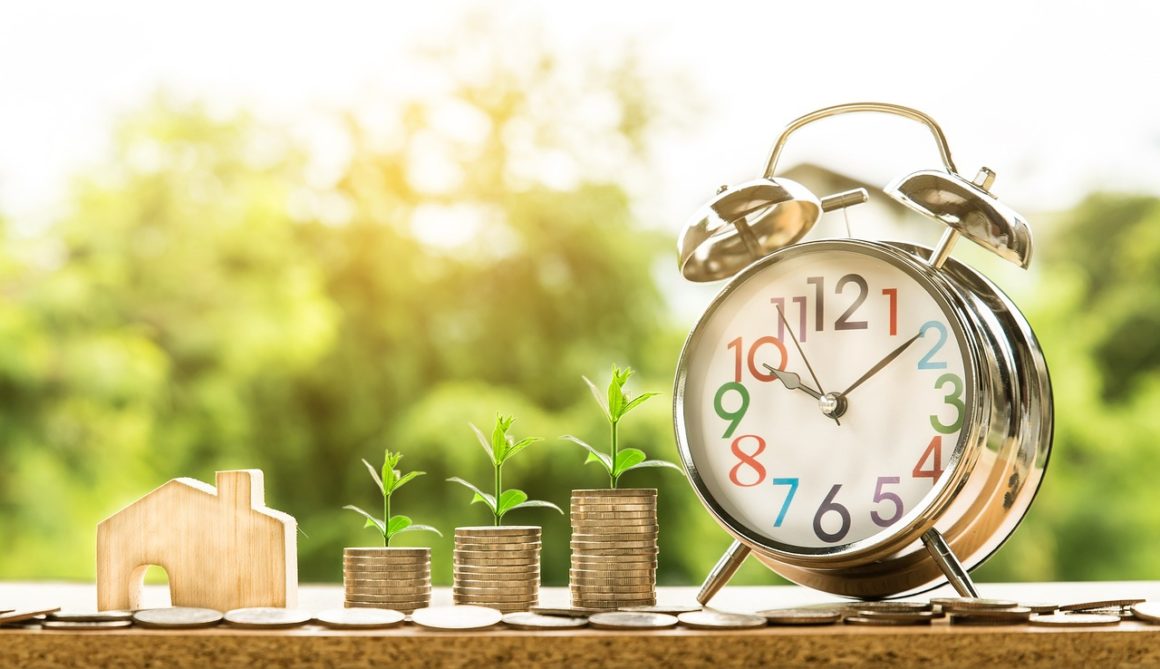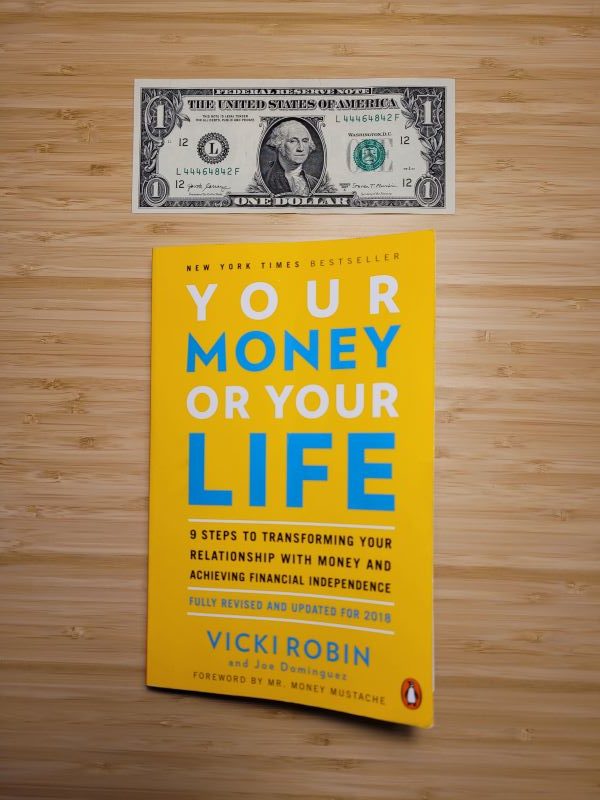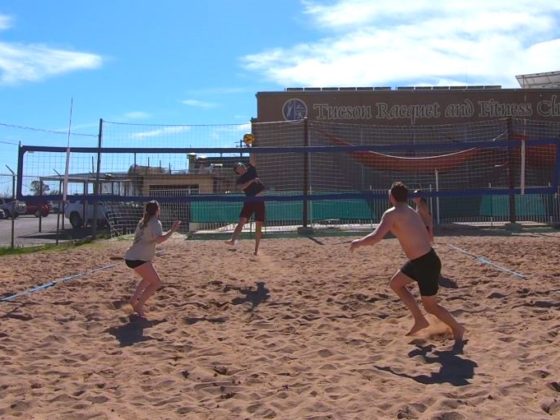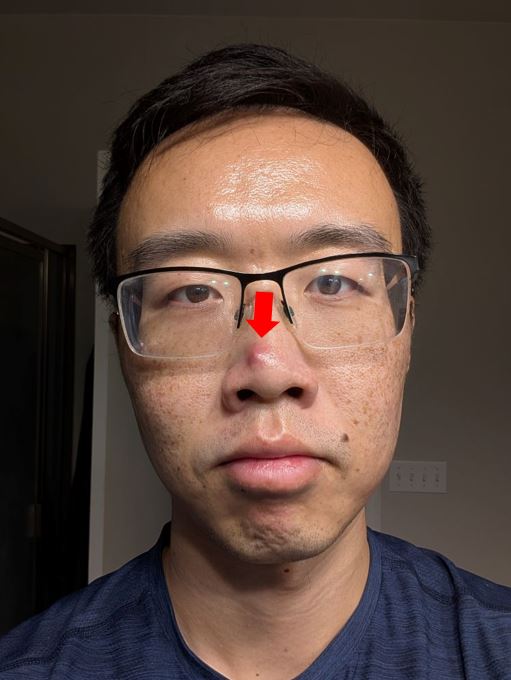Here’s a relationship with money quote that I read recently that resonated with me.
“Did you ever think about that?” Joe would ask. “That you have a relationship with money?” He’d get on his knees, begging money to love him. He’d exhibit mock terror, shrinking from the evil hundred-dollar bill. He’d hold it out like a carrot and run around after it, reaching but never grasping it. “This is what your relationship with money looks like! Think about it. If you were money, would you hang out with you?”
Viki robbins, your money or your life
Money affects our life in so many ways. It can make or break us. We work for money, buy stuff with money, and save up money in hopes of financial freedom. How much money we have allows us to live life a certain way.
Recently, I’ve been looking under the hood and seeing why my relationship with money has been struggling. I’ve been reading a book about the psychology of money and examining my spending habits. I want to share some of the book’s points so far on money and some of my own thoughts on pursuing better financial health and having a healthier relationship with money.
My relationship with money
My relationship with money isn’t bad, but it also isn’t exactly healthy.
I have a stable job – fortunately, that means I get enough money to pay the bills and splurge every once in a while on things that I want but don’t need. Recently, I’ve noticed that my jeans were forming holes in the crotch area and my skin care products were running out. I have been looking and researching for better quality products and I realized – damn, things are expensive and I feel really uncomfortable buying some of these things.
My feelings are not “can I afford this?” but more of “I’ve never spent this much. Can I really let this money go?” I feel like I’m having one night stands with money when it comes to spending on wants. I only pay attention to it when I really want it, but once I feel temporarily satisfied, I stop paying attention to it. It’s not exactly a healthy relationship.
As somebody who is investing more into experiences and my own physical and mental health, I want to feel more comfortable and confident with purchasing things that I can enjoy. For example, it’s items like a quality and comfortable pair of denim jeans :).
Life energy from Your Life or Your Money

First, I must say Your Life or Your Money been a solid read so far. I highly recommend this book if you want to learn how to have a healthy relationship with money.
One of the key takeaways is that money equals your life energy. Life energy equals the amount of time we spend in our life making money. How to calculate it is a bit complicated but I’ll save that for another time.
This view on money hits you deeply because it touches upon the idea that you’re using this limited reservoir of time in your life to earn this thing we call money. If you had a limited resource of anything, you’d want to use it optimally and squeeze out as much value as you can right?
To be honest, it was a bit uncomfortable to think about at first. My first thoughts were “I have not been spending this life energy well. Is it too late to change how I use this energy to make money?”
If you find yourself asking the same question, I’ve realized that there’s no schedule or deadline on when to change. We’re not in school anymore where homework is due the next day – just like myself, you can start now. It’s like what the Rock says – “One day or Day One”. Cheesy but true.
Two other points I’d like to mention: having multiple sources of income and tracking your finances.
Multiple sources of income
“You should have multiple source of income”. This is very common financial advice. It’s something I’m trying to adopt but to be honest, it’s a bit difficult to do.
Don’t get me wrong, I’m not complaining when I say this because when you have one job that provides like 95% of your needs, why would you want to expend more energy to earn more money?
However, if you’re a working class citizen like myself where your only source of income comes from your job, you never know when you’ll lose your job. It’s like having a gun to your head that you don’t know when will shoot and blow your brains out.
One of the things I’ve realized is that when you start out generating multiple sources of income, these sources do not have to immediately generate as much as your primary source of income. In fact, if I had to guess, most probably won’t starting out. Over time, as you build your experience in these other sources, you’ll start to make as much, if not, more than your primary source of income (saying this from what I see online with those corporate workers turned entrepreneurs).
For example, I realized you could stake your crypto holding. I’m making about $30/month passively. It’s less than 1% of how much I make from my software engineering job, but hey, it’s better than $0/month and I’m researching on ways to increase that amount.
Plus, you get to keep more life energy for every dollar you make by having multiple sources of income. In other words, you won’t need to rely on a single source of income like your job.
Tracking finances
Tracking finances is like getting to know the nitty gritty details of your significant others. I’m starting to track my finances in more detail – recording as close to the cent as possible what comes in and out of my financial pockets. I’ve learned two things while doing this:
- How much it actually costs me to live month to month. This has set my emergency saving goal.
- Where my money goes in detail. For example, I spend more than $1000 a month on food, but most of the food cost goes into groceries rather than eating out. While I’m still saving money by eating at home, it made me realize where a lot of my money goes on a monthly basis.
Save and invest your money
“You should save 3-6 months of emergency savings and start a 401k or Roth IRA.”
This advice is kind of like saying you should drink water, get good sleep, and exercise. It’s simple and sound advice. While not doing it won’t exactly hurt or kill you, it can help you tremendously when you get older (the power of compound interest!).
I was told to invest in my 401k when I first started my job. Did that.
I also learned about investing in a Roth IRA and emergency savings when I started my job but I admit that I was too lazy to invest in those areas because it just seemed like too much work. My thought process was “I have to go and research and find the best ETF and savings account to put money in? Nah…too much work”. I didn’t want to complicate my already mediocre relationship with money.
Now that I’m contributing to an emergency fund and a Roth IRA, I’m learning – holy crap, I don’t really have all that much money to spend on those trips. It’s crazy!
Seeing the numbers really kickstarted me to start looking into side hustles and other ways to generate more income.
If it wasn’t for taking a look at the numbers and doing all these savings and investing, I would have never looked into having multiple sources of income.
Continual learning, setting goals, and taking action
Money is something that will pervade all aspects of your life (personal relationships, health, travel, etc…) so it’s important to continually learn as much as you can about it. Have that “the more you learn, the more you earn” mentality! I’m learning so much about my own personal spending habits and about funds and the money market. I’m also learning that I don’t know all that much about money.
Setting goals such as how much you want to make and save is important and pretty helpful. Not only can you track your progress better, but it helps you clearly define your money habits. It’ll force you to ask questions like “do what you spend and purchase fall in line with your life values of joy and fulfillment?”
If you’re like me and you have a struggling relationship with money, it’s important to take action. There are tons of financial articles and books that help promote a healthier relationship with money. I’ll admit that it is overwhelming with all the information out there. I would suggest figuring out a specific thing in your relationship with money that you want to change. Then start reading, get educated, and identify some goals to change.
I’m doing two things right now that I want to write more about in a separate post:
- Learning more about different types of savings and investments (401k, Roth IRA, emergency savings)
- Detailed recording of my purchases on a weekly basis
Let’s improve our financial health and our relationship with money together. Remember it’s a long journey.










